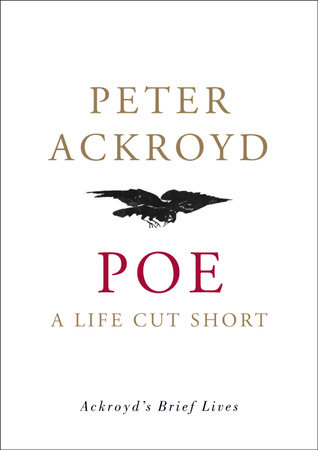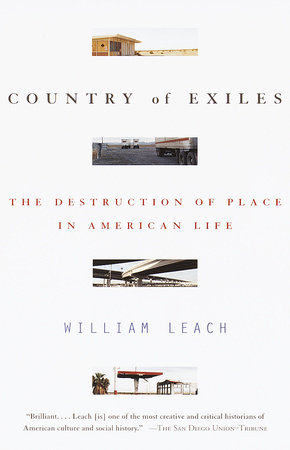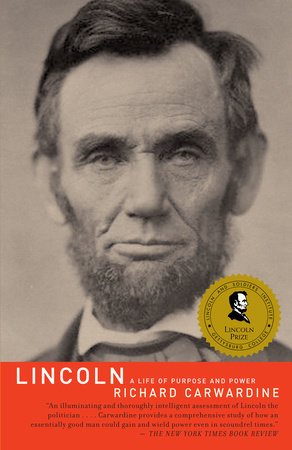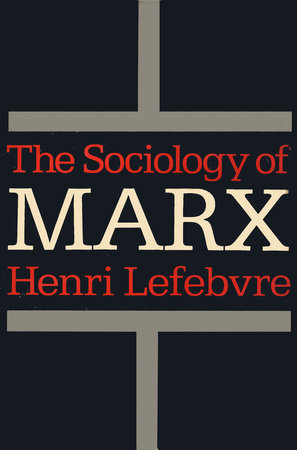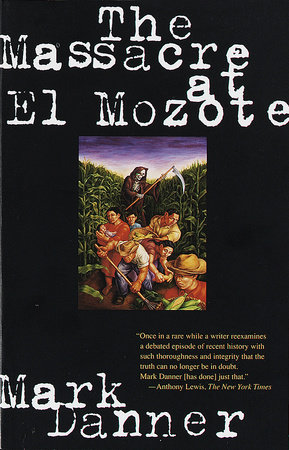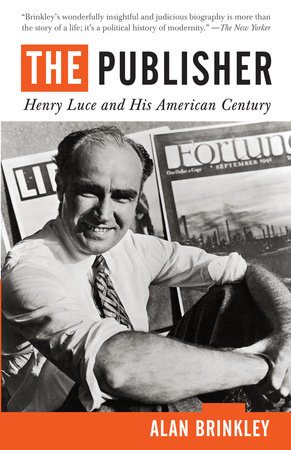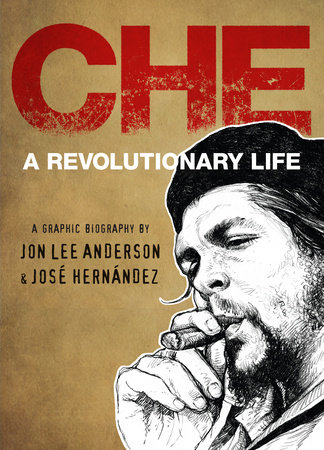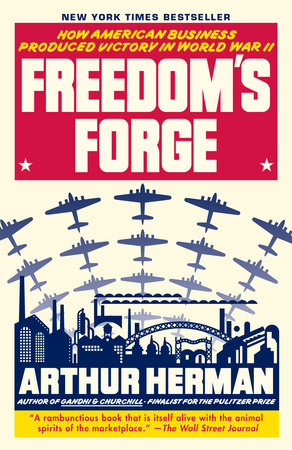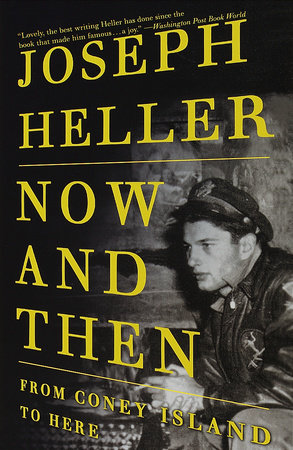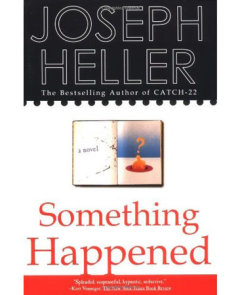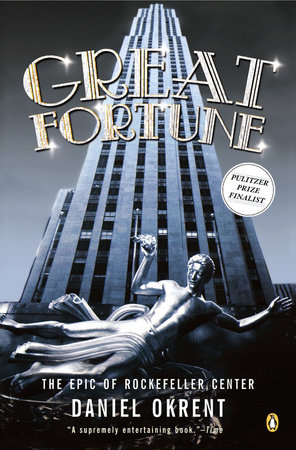Author Q&A
Q: Why did you decide to write your memoir, Now and Then?
A: For pretty much the same reason I decided to write any of my books, even Catch-22. It seemed a good and absorbing idea, the best idea for a book I had at the time. And, of course, there was the ancient and underlying motives involved in ambition: to earn money, commit myself to work I enjoyed doing, and to sustain my reputation as an author.
Q: How did growing up during the Depression affect your childhood?
A: The Depression was my childhood. It was the natural world for all of us, as it remains, unfortunately the real world for so much of our world. Each of us in the family was able to find work as soon as high school was over, and this seemed true of everyone in Coney Island. It is hard to see how the Great Depression truly had any adverse effects on me. I was spared a sense of special privilege, and that, of course was a very good thing.
Q: When you entered the army, you found it not to be at all what you anticipated. What did you expect and what did you find?
A: My experience in the army was all that I expected it would be, and in just the right proportions. It took me away from home, engaged me in a mass effort that was socially acceptable, paid me well–better than I had been able to manage in civilian life–and, best of all, I returned unharmed.
Q: What kind of influence did the characters from your Coney Island days have on your fictional characters?
A: Characters from my Coney Island days and later have been present in all my works, in one guise or another. In my most recent novel, Closing Time, I began using the actual names of many of them, even my own. They are present in abundance in this latest work, Now and Then. And I suppose that anyone who chooses to make the effort will be able to locate counterparts in my fictional characters.
Q: Were you astonished at the remarkable success of Catch-22?
A: I was astonished first by the lack of success of Catch-22, for the advance response, particularly from other, well-established novelists, was so very favorable. It took a good year for the work to come into its own. I’m astonished today by its continued acceptance throughout the world. By now, I am forced to admit, I feel it deserves it.
Q: How do you feel about Catch-22 being labeled "the quintessential anti-war novel"?
A: Catch-22 has been called "the quintessential anti-war novel" and perhaps deserves that distinction. However, it is about much more than war, and that can help explain its continued relevance to so many factors in so many sectors of society in so many countries. I am, perhaps, beginning to sound immodest. But…with some good reason.
Q: Like Catch-22, Now and Then is void of chronological time. Why did you write your memoir in this style?
A: Now and Then, like just about all my novels, does not follow a simple chronological time-line. Who knows why? I suppose it’s because I feel my literary imagination functions best that way, that by blending the past into the present I make what I say more meaningful. There’s mystery–it’s simply just the way it happens.
Q: You have said that you have no hobbies, no recreations. What do you like to do beside writing?
A: Lacking hobbies and most conventional recreations, I find my best pleasures in meeting new people I like, in conversation, music–jazz and classical–reading, drinking–scotch and very dry, very cold martinis, eating. I get by somehow, by more than the skin of my teeth, and manage to have a fairly good time just about everywhere.
Q: Now that you live in East Hampton, LI, how do you satisfy a craving for a Nathan’s hotdog?
A: Now that I seldom go back to Coney Island, how do I satisfy my craving for a Nathan’s hotdog? It requires effort, but I find consolation in restaurants–French, Italian, Chinese, Jewish, Indian, Vietnamese, you name it–and in American coffee shops, at the dining tables of friends, and, of course, at home. Excuse me now–I have a sudden need for some smoked salmon on half, maybe a whole bagel, with a few cups of fresh coffee, and maybe even some cream cheese.



